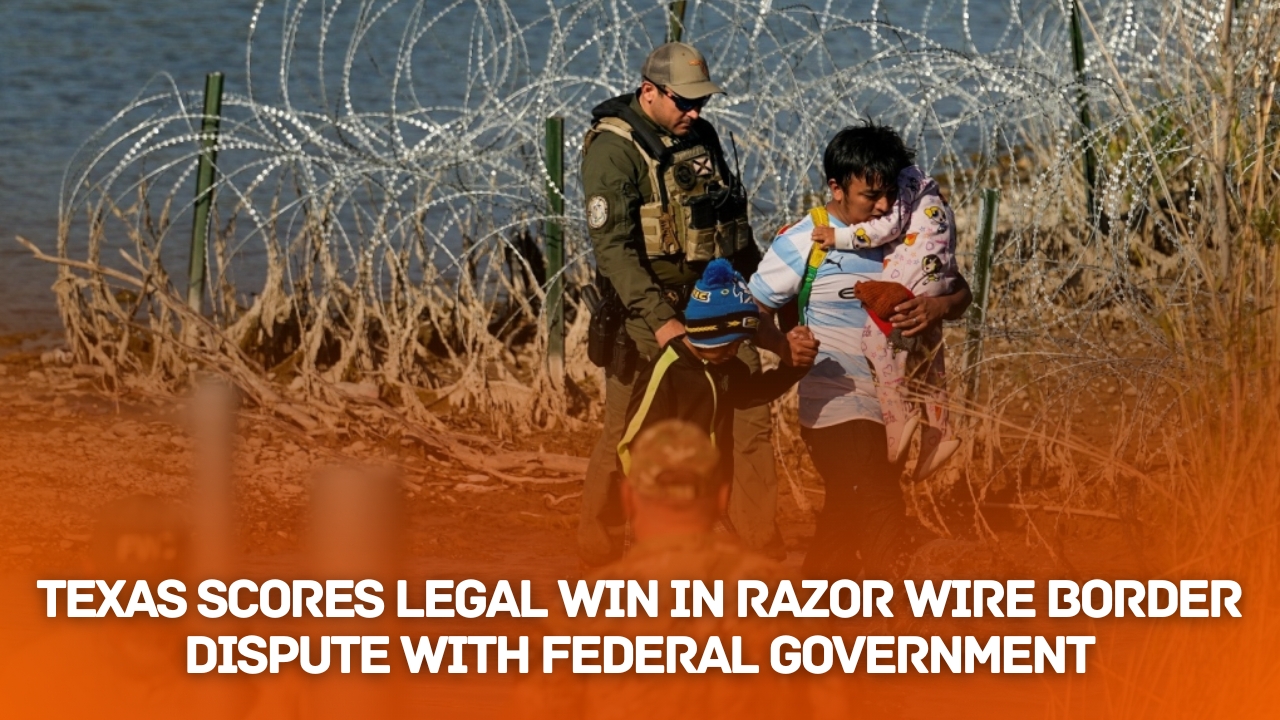
U.S. Appeals Court Backs Texas in Razor Wire Border Dispute
NEW ORLEANS – In a significant ruling, the 5th U.S. Circuit Court of Appeals has sided with Texas, preventing Border Patrol agents from cutting through razor wire installed along the U.S.-Mexico border in Eagle Pass. This decision marks another chapter in the ongoing clash over immigration policy between the state and the Biden administration.
The court issued a 2-1 ruling, granting an injunction that stops federal agents from damaging the razor wire. Texas has increasingly relied on this barrier as part of its aggressive measures to curb migrant crossings, asserting that the federal government’s actions were “undermining” the state’s border security efforts. The lawsuit, initially filed last year, aimed to protect Texas’ authority over its border policies.
Federal vs. State Disputes Intensify
The Justice Department argued that the wire impedes the U.S. government’s ability to patrol the border effectively and assist migrants in distress. Critics of the barrier also highlight reports of injuries sustained by migrants attempting to cross. Despite these concerns, the court’s ruling represents a victory for Texas in its efforts to secure the nearly 1,200-mile border.
The decision aligns with broader state-led initiatives, including floating barriers on the Rio Grande, which have also faced federal opposition.
Broader Context and Immigration Trends
The ruling coincides with heightened immigration debates, as President-elect Donald Trump prepares to implement stricter immigration policies upon taking office. Earlier this month, Texas officials proposed using rural borderlands as staging areas for potential mass deportations.
Despite these tensions, U.S.-Mexico border crossings have seen a 40% decline from their peak in December. Federal officials attribute the drop to Mexico’s increased enforcement at rail yards and checkpoints.
The razor wire dispute underscores the complexities of balancing state and federal strategies in managing border security while addressing humanitarian concerns.












